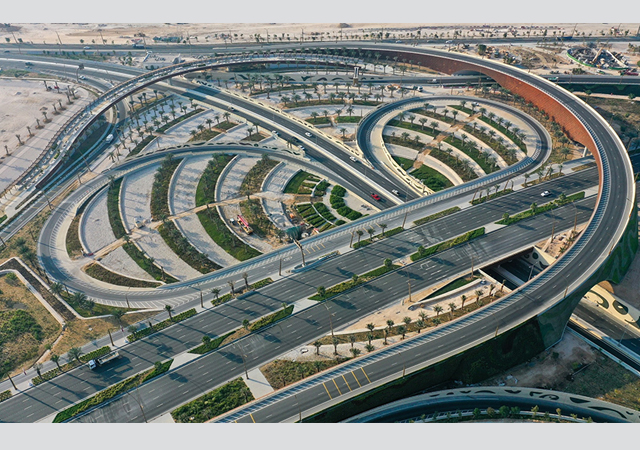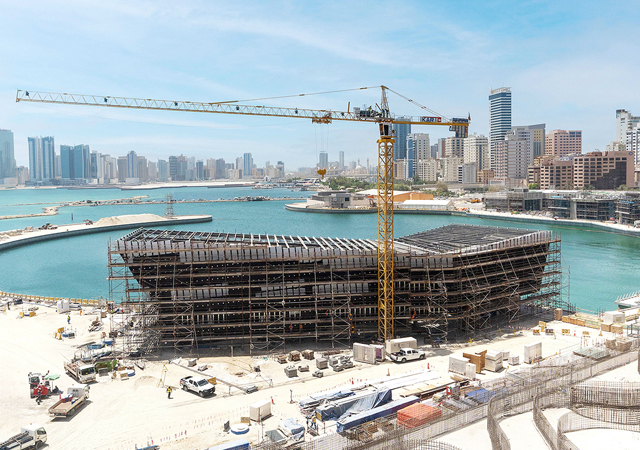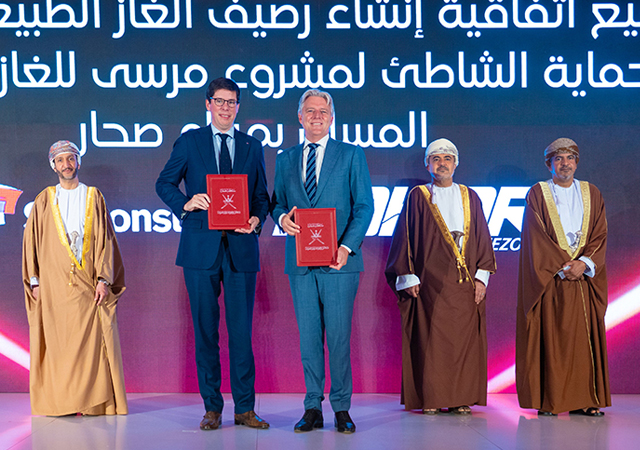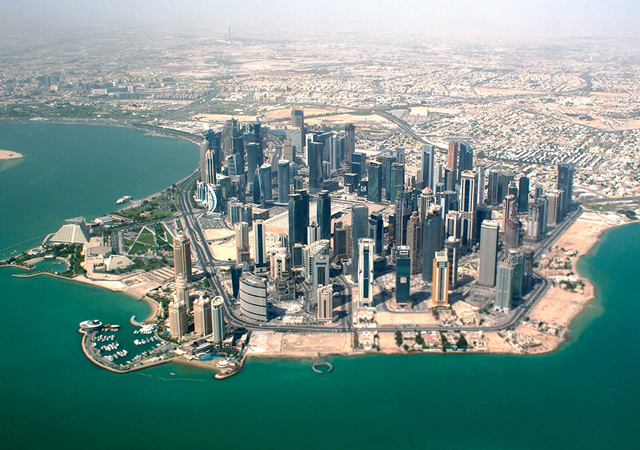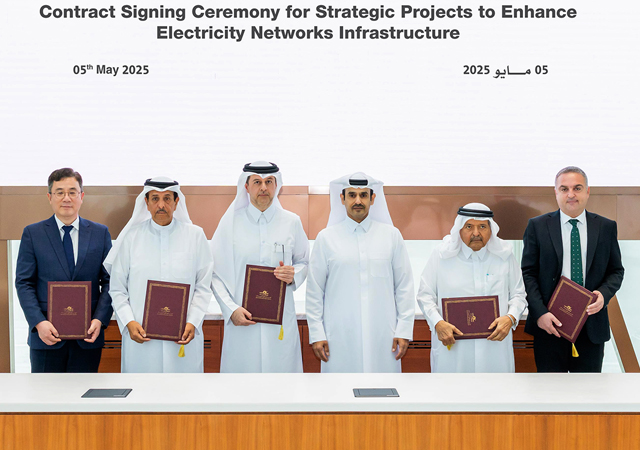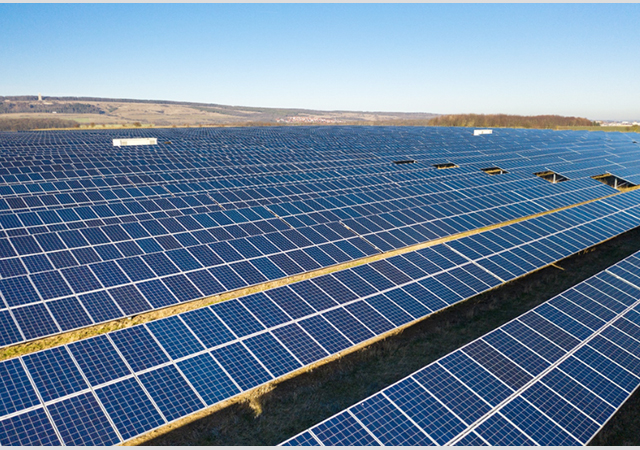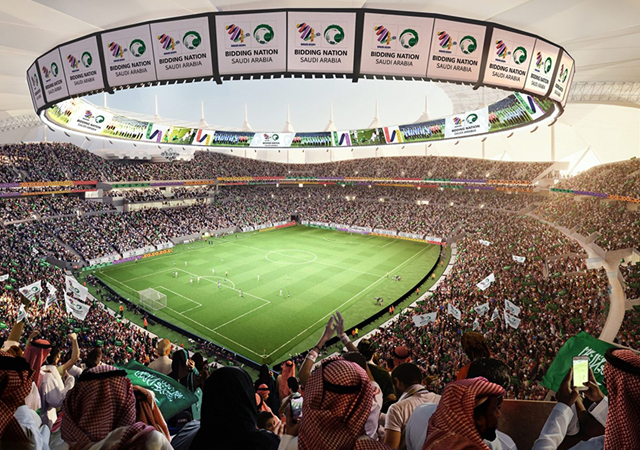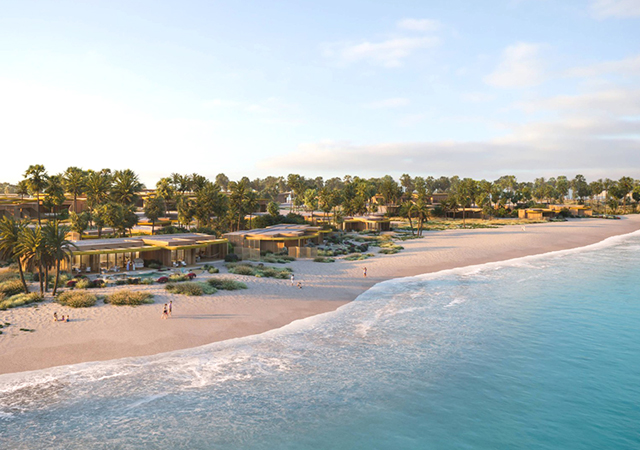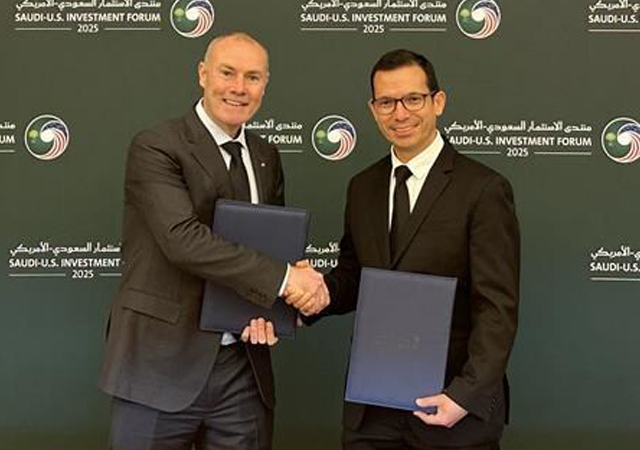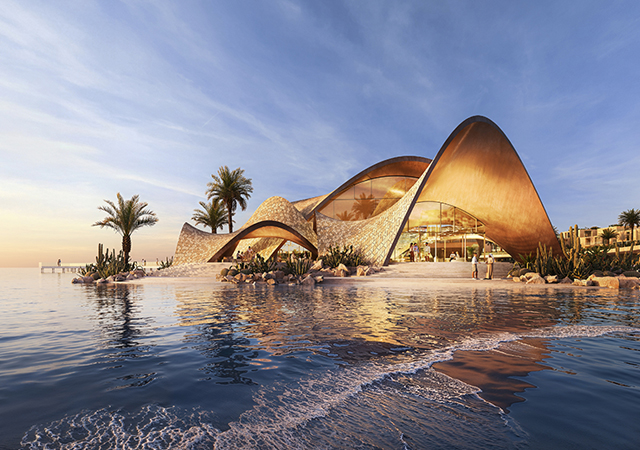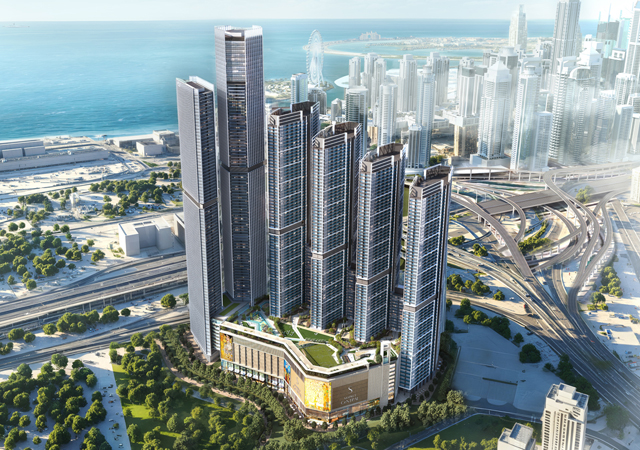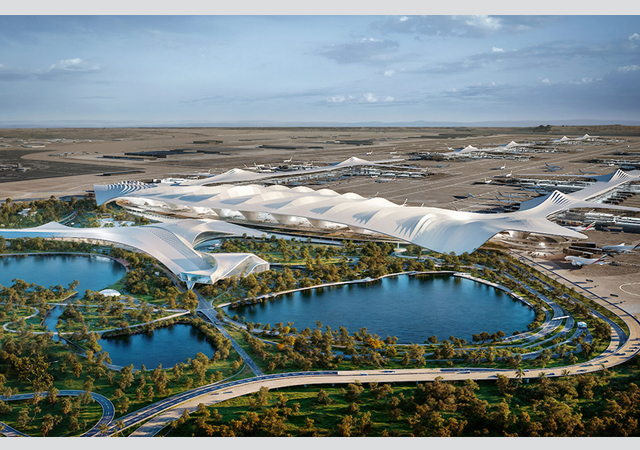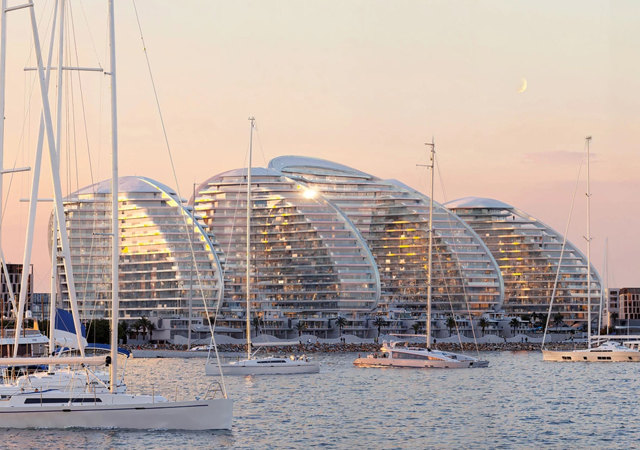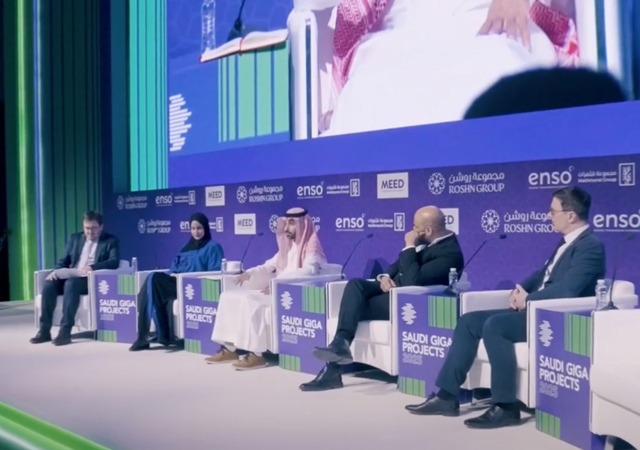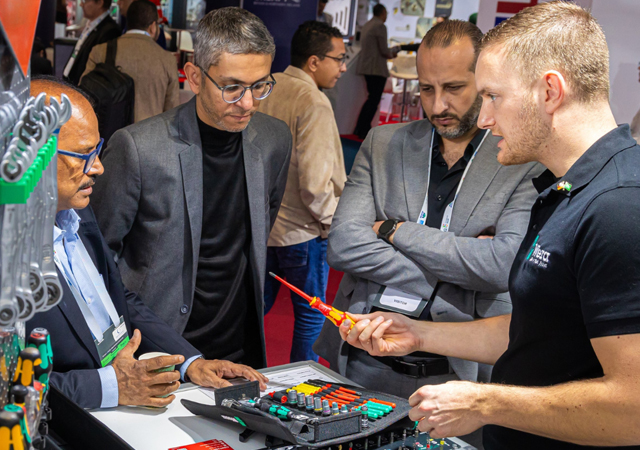

AYTB (Al Yusr Townsend & Bottum Company), whose forte is industrial construction, completed late last year what it describes as a unique project in Jubail for Arabian Petrochemical Company (Petrokemya).
The KTI Furnaces project for the Saudi Basic Industries Company (Sabic) affiliate was unique considering the volume and the logistics of transporting assembled furnaces, according to AYTB president Jamil Moh'd Nasser. Each was transported separately and placed on its permanent foundations on site at the Jubail Industrial City. The main contractor was KTI/Technip.
The SR77 million ($20.5 million) contract included the construction of eight 125,000-tonnes-per-year (tpy) furnaces including pipe racks, erected as complete modules at an off-site location and then transported to the plant location.
Describing AYTB's work on the project, Nasser says: ''The scope included temporary and permanent furnace foundations, underground piping, prefabrication of all piping, and the erection of four double-cell furnace modules - including all structural steel material, platforms, accessories, piping, electrical fittings, instrumentation, painting and insulation including refractory lining.
''Also included was testing and pre-commissioning and start-up assistance for all systems in the furnace modules and pipe rack, handling of all materials, preparation for transport and loading of modules, installation and interconnection of furnace and pipe rack modules, stair houses, elevators, stacks, decoke drums, interconnection of platforms and cabling.
''Additionally, AYTB was responsible for establishing and managing a quality assurance system, project schedule, cost reporting system and an extensive safety programme.
''The company performed all structural, mechanical, electrical and instrumentation work with its own team and managed subcontracts for civil works, insulation, painting and refractory work.''
The firm was awarded the contract in October 1998 and completed it last September.
Jubail-based AYTB's activities cover the complete range of process plant construction, fabrication and maintenance services for the oil refining, gas processing, chemical and petrochemicals, power generation and desalination sectors in the Kingdom. It offers these services in the Kingdom as well as in the UAE, Oman and Qatar.
Last year was a hectic one for the company, with AYTB having carried out work on several contracts for other Sabic affiliates as well as other firms. During 2000, AYTB was involved in the construction and pre-commissioning of six process plants for different Sabic companies.
These included a project for Jubail Petrochemical Company (Kemya) under a subcontract from Technimont of Italy. The project involved the construction of a 220,000 tpy low density polyethylene plant at Jubail Industrial City. AYTB completed the SR37 million contract in April 2000.
Last December, the company completed a SR21 million contract from Fluor Arabia for a Saudi Chevron Petrochemical Company (SCP) project, also at Jubail. The project involved the construction and commissioning assistance for a facility to hydrotreat a pyrolyais gasoline (Pygas) feedstream. The scope included foundations, erection of structural steel, pipe fabrication and erection, installation of equipment and vessels, painting and insulation, as well as testing, precommissioning, and start-up.
Nasser continues: ''AYTB is one of a few Middle East contractors that have certifications for ISO 9002-1994/BSEN and ISO 9002:1994 while also being issued with the ASME certificate of authorisation and code stamps for 'a', 'u', 's', 'pp' and "r" code stamps of the National Board of Boiler and Pressure Vessel Inspectors and the American Petroleum Institute's (API) licence for specifications 6a and 16a.''
In March this year, AYTB entered into a joint venture with other prominent partners UAE-based Maritime Industrial Services Company Limited Inc (MIS) and Al Khobar-based Al Shoaibi Contracting Establishment to fabricate pressure vessels at the Jubail Industrial City. The joint operating company MIS Arabia is reopening the fabrication facilities of Austrian Energy Arabia (AEA) in Jubail. MIS Arabia will be managed technically and commercially by the MIS group, and the facilities will be operating under the same quality systems of MIS Sharjah.
AYTB, set up in 1979, is expecting new contracts this year as several projects are in the bidding stage, including chemical and petrochemical plants, according to Nasser.
"In a slow construction market, such as what most contractors face this year, dynamic companies tend to restructure their organisation management, cut certain ends and try to be more competitive," observes Nasr. "This is what AYTB has achieved in the first quarter of this year."
He adds that AYTB is expanding to other Gulf markets, namely Oman, Qatar and the UAE where work formalities were recently completed.
The company, which has 2,376 personnel on its payrolls, has branches in Yanbu and Riyadh in Saudi Arabia, as well as in Abu Dhabi, Oman, Qatar and in London.
Acknowledging the company still has to win contracts this year, Nasr says there were many contracts for bidding in the first quarter and more are expected to be called for bids before the end of the year, indicating higher prospects for the coming year. Turnover in 2000 was $64 million against $81 million in 1999, $64 million in 1998.
AYTB also owns a state-of-the-art pipe fabrication facility in the Jubail industrial city, capable of producing 5,500 to 6,000 tonnes of pipe spools per year which equals approximately 925,000 diameter inches of weld.
AYTB's inhouse professional development facility, the Centre for Excellence, was established in 1996 and expanded in 1999, providing the company's staff with training in safety, quality, problem-solving and decision-making, leadership, information technology, upgrading of welding skills and various mechanical and electrical trade skills as well as skills in English as a second language. "The professional development programme is highly interactive and participative and is conducted by qualified and certified instructors in both the classroom and on the job. Developing our national workforce is and will continue to be an integral part of our operations," says Nasr.


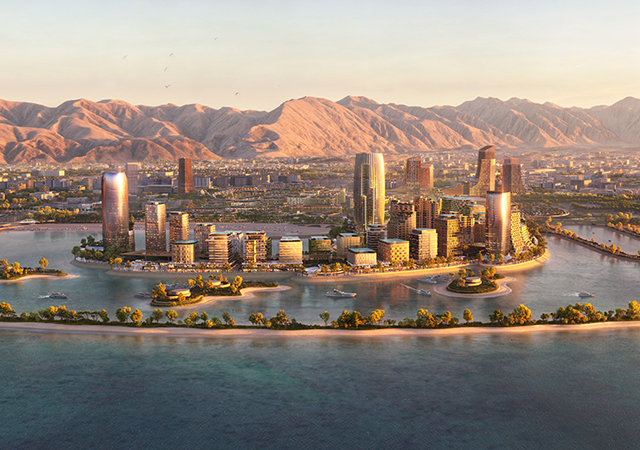

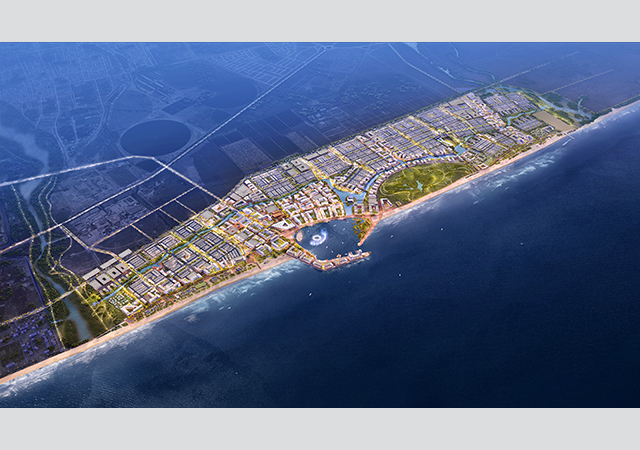
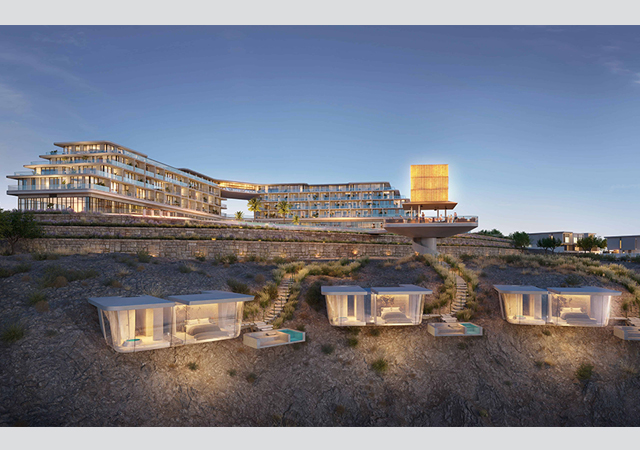
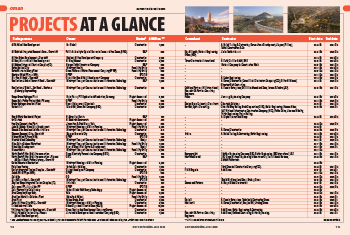

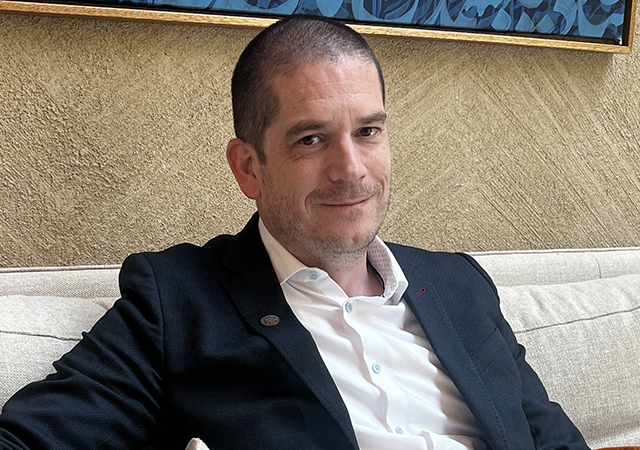
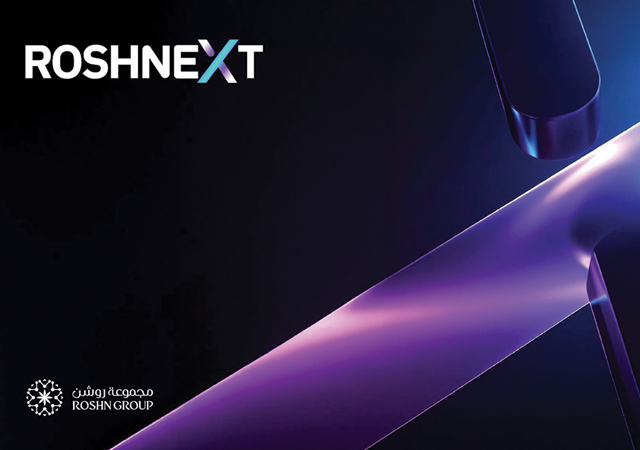
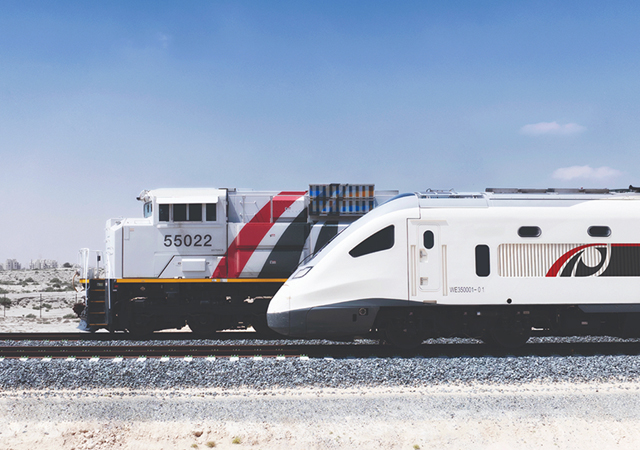
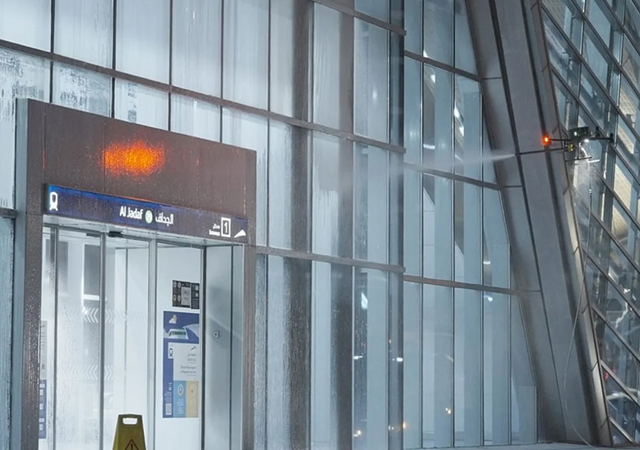
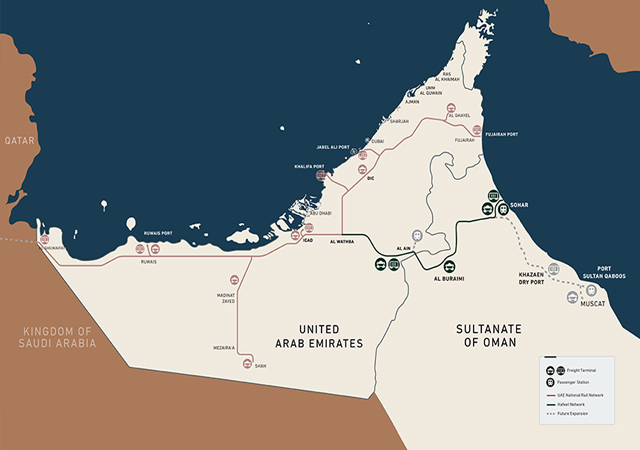
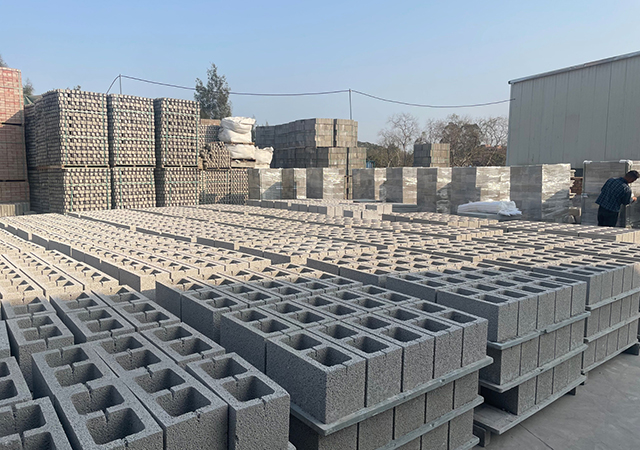
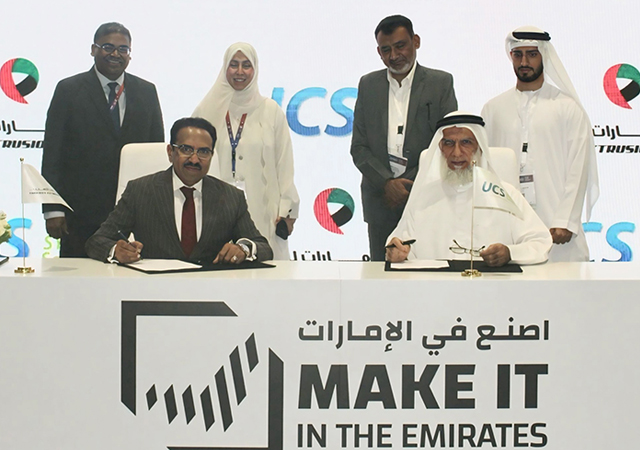
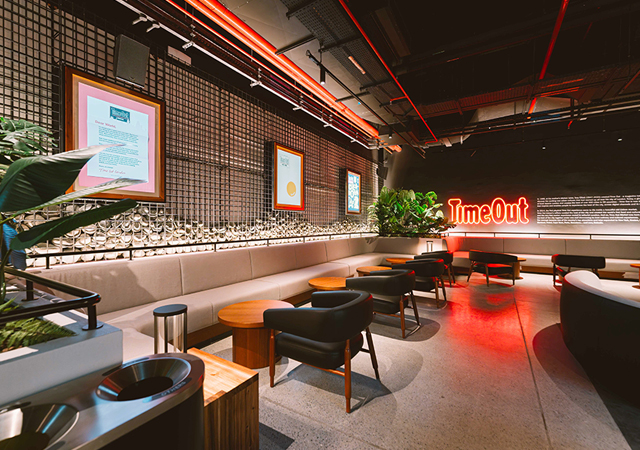
.jpg)
.jpg)
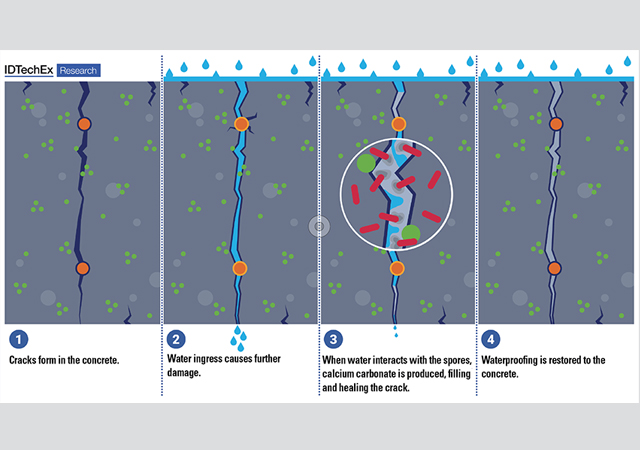
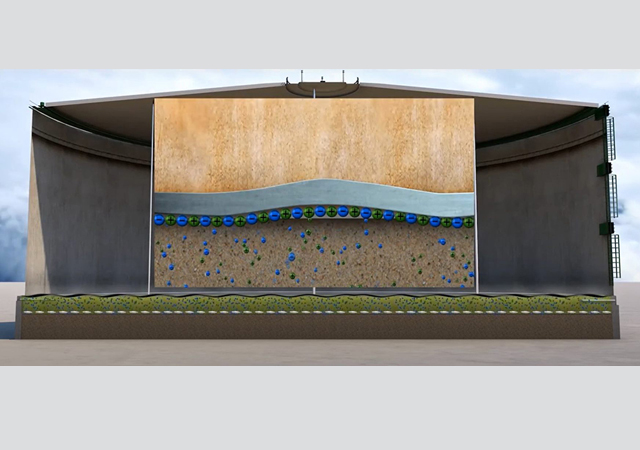
.jpg)
.jpg)
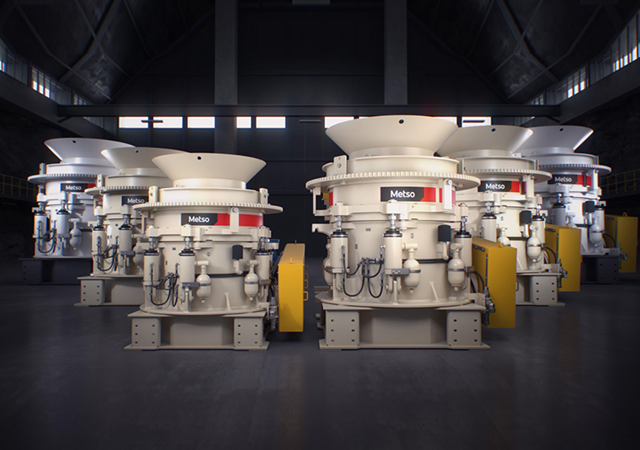
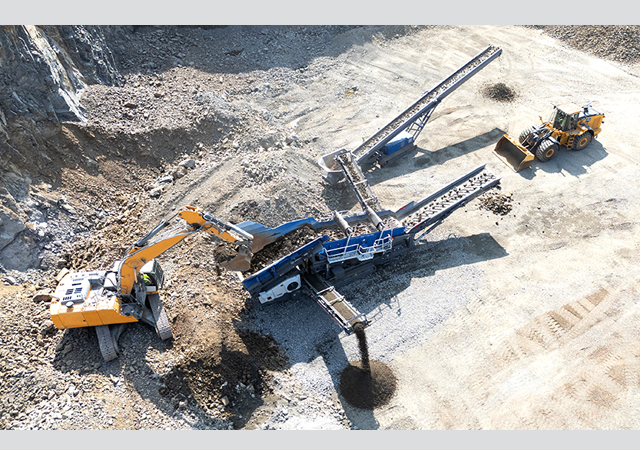
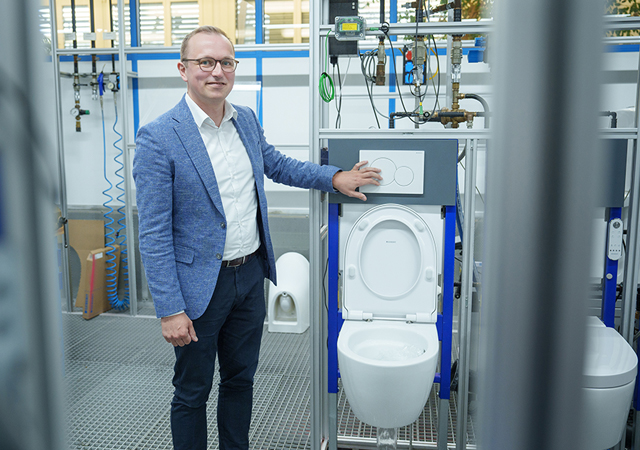

 Doka.jpg)


